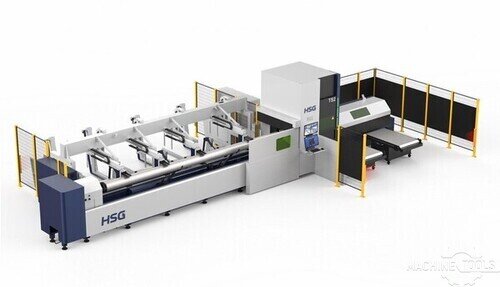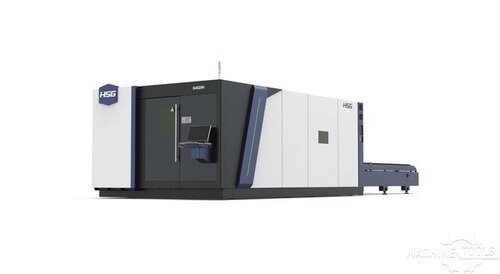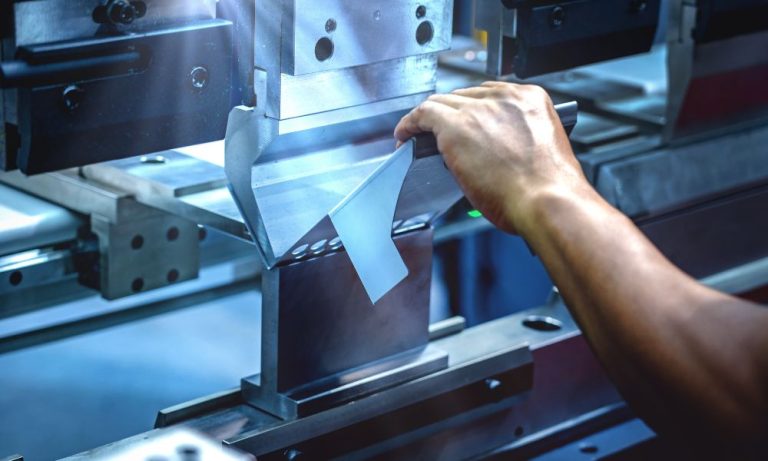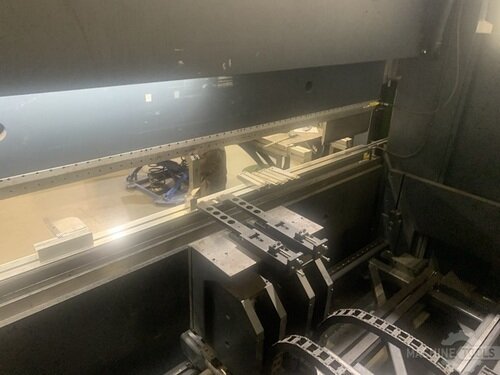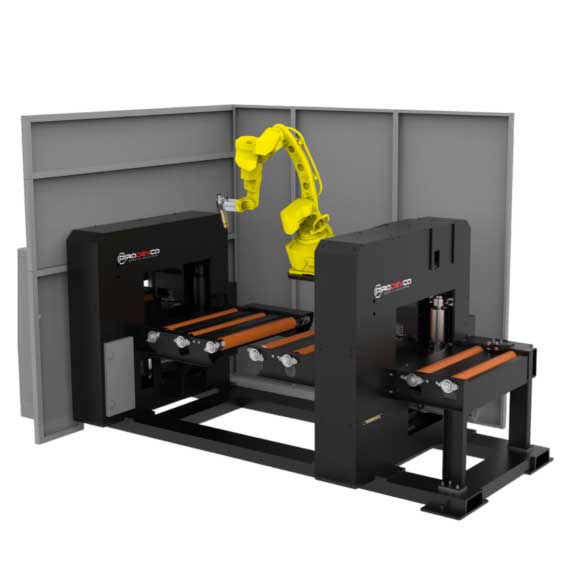Understanding the Transition: Key Considerations for Upgrading from Plasma to Fiber Laser Technology
As a Regional Sales Executive at Mac-Tech, I have spent years immersed in the world of metal fabrication, specializing in press brakes, lasers, and tooling solutions. My experience has taught me that the decision to move from plasma to fiber laser cutting systems is not merely a technical upgrade; it’s a strategic pivot that can significantly enhance operational efficiency and cost-effectiveness. Understanding the nuances of this transition is paramount for C-suite executives and decision-makers who are aiming for greater ROI and improved production capabilities.
When contemplating the switch to fiber laser technology, the first step is to assess your production requirements. Fiber lasers offer remarkable speed and precision, especially when cutting thin materials, which can lead to substantial efficiency gains. However, it’s essential to evaluate the types of materials you typically work with and how they align with fiber laser capabilities. For instance, while fiber lasers excel in cutting stainless steel and aluminum, plasma systems may still hold advantages for thicker materials. This alignment ensures that your investment not only meets current production needs but is also adaptable for future projects.
Operational efficiency is another critical factor. Transitioning from plasma to fiber laser cutting systems can present challenges, such as retraining staff and adjusting existing workflows. At Mac-Tech, we recognize these hurdles and provide tailored solutions to facilitate a seamless upgrade. Our expert guidance ensures that clients maximize their investments while enhancing their manufacturing capabilities. This personalized approach helps mitigate risks associated with the transition, allowing you to focus on what you do best—delivering high-quality products to your customers.
Optimizing Performance: Leveraging Advanced Press Brake and Tooling Solutions for Enhanced Fabrication
The synergy between fiber laser technology and advanced press brake solutions is where the real magic happens. Integrating these systems can streamline workflows, improve precision, and drastically reduce downtime in your operations. A well-coordinated approach allows for better material handling and processing, enhancing overall productivity. By understanding how to leverage these technologies together, you can ensure that your fabrication processes are not just efficient, but also scalable.
Selecting the right equipment and tooling is crucial in this optimization journey. With fiber lasers, you can achieve intricate cuts that require equally precise bending capabilities from your press brakes. Mac-Tech offers a range of advanced press brake solutions designed to complement fiber laser technology, ensuring that each component of your production line works in harmony. Our team of experts is here to support you in making informed decisions about the right equipment and tooling, tailored to your specific operational goals.
Furthermore, our commitment to just-in-time service availability and expert support means that you are never alone in this journey. We provide ongoing guidance and assistance, helping you to implement process improvements that enhance machine performance. This relationship-driven approach not only fosters trust but also empowers you to make the most out of your investment in fiber laser and press brake technologies, ultimately leading to increased productivity and profitability.
HSG TS2 HIGH SPEED TUBE FIBER LASER CUTTING MACHINE
HSG 3015H 12KW
Frequently Asked Questions
What maintenance does a press brake require?
Regular maintenance includes checking hydraulic fluid levels, inspecting tool wear, and ensuring proper calibration to maintain precision and efficiency.
How do I choose the right tooling for my press brake?
Selecting tooling depends on your specific applications; consider factors such as material type, thickness, and desired bend angles to ensure optimal performance.
What efficiency gains can I expect from upgrading to fiber laser?
Upgrading to fiber laser can result in cutting speeds that are up to three times faster than plasma, significantly reducing production times and costs.
How can I improve the performance of my existing machines?
Regular maintenance, proper training for operators, and periodic upgrades of software and hardware can greatly enhance machine performance.
What is the ROI timeline after investing in fiber laser technology?
Most clients see a return on their investment within 12 to 18 months, depending on production volume and material types.
Investing in fiber laser technology, whether for sheet lasers, plate lasers, or tube lasers, represents a transformative opportunity for your metal fabrication operations. By understanding the critical factors involved in this transition and leveraging advanced press brake and tooling solutions, you can achieve substantial efficiency gains and cost savings. I encourage you to reach out for personalized recommendations tailored to your unique production needs. Together, we can ensure that your investment not only meets today’s demands but also positions you for future success.
Get Weekly Mac-Tech News & Updates

